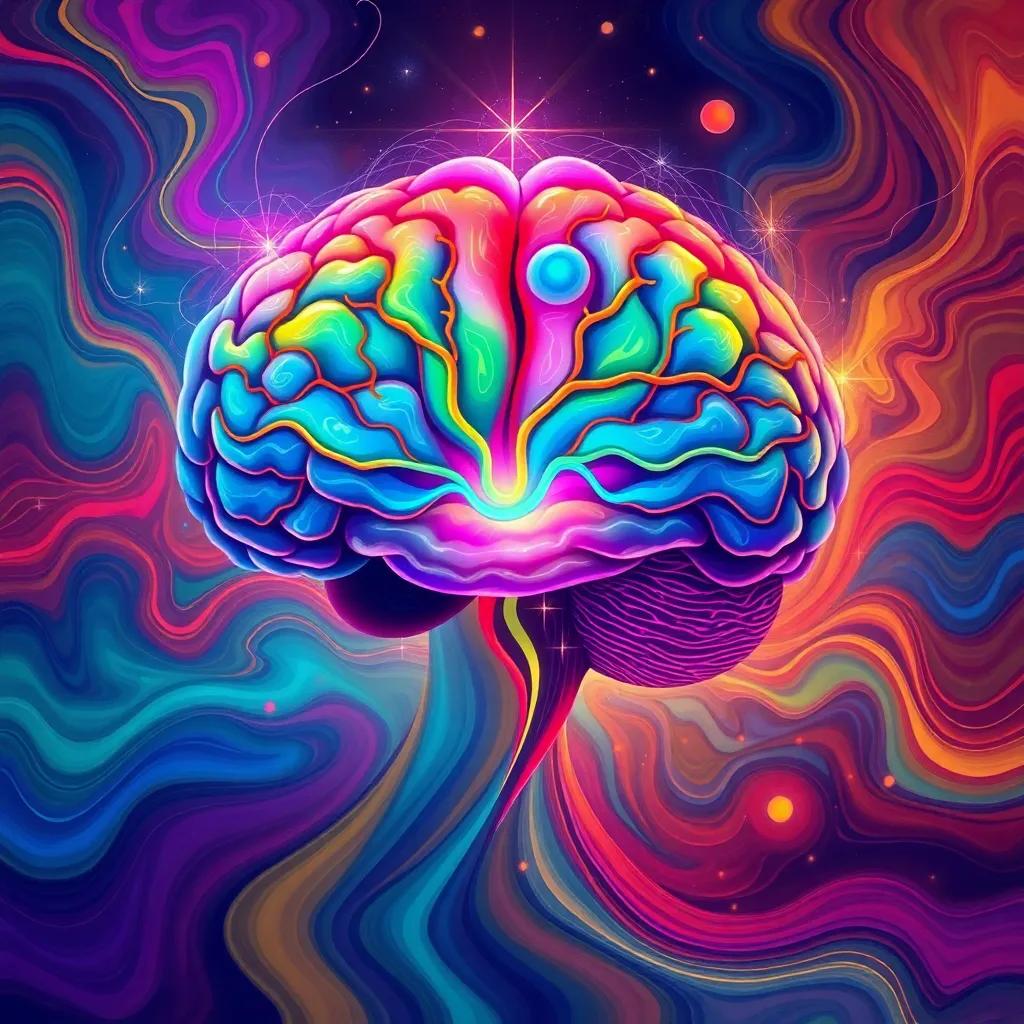A deep dive into how psychedelics like psilocybin, MDMA, and LSD are being revisited for treating mental health disorders, featuring insights from recent clinical trials and expert opinions.
Recent advancements in psychedelic research are shedding light on their potential to revolutionize mental health treatment.
Introduction to Psychedelic Therapy
In recent years, there has been a significant resurgence in the interest of using psychedelics such as psilocybin, MDMA, and LSD for the treatment of various mental health disorders. This interest is not new; these substances were extensively studied in the mid-20th century before being classified as illegal substances due to their psychoactive effects.
Historical Context and Recent Revival
The therapeutic use of psychedelics dates back to ancient times, but it was in the 1950s and 1960s that they began to be studied scientifically. Researchers like Timothy Leary and institutions such as Harvard University explored their potential extensively. However, the cultural backlash of the 1970s led to a halt in most research. Recently, organizations like the Multidisciplinary Association for Psychedelic Studies (MAPS) and Johns Hopkins University have reignited this research, showing promising results in treating conditions like PTSD, depression, and anxiety.
Clinical Trials and Mechanisms of Action
Recent clinical trials have demonstrated that psychedelics can significantly reduce symptoms of mental health disorders. For example, a study published in the Journal of Psychopharmacology
found that psilocybin therapy produced substantial and sustained decreases in depression and anxiety in patients with life-threatening cancer. These substances are believed to work by promoting neural plasticity and by disrupting the default mode network of the brain, which is often overactive in people with depression.
Potential Risks and Ethical Considerations
While the benefits are promising, there are also risks associated with psychedelic therapy, including the potential for adverse psychological reactions. Ethical considerations also play a significant role, particularly concerning the potential for misuse and the need for controlled, therapeutic settings.
Future of Psychedelic-Assisted Therapy
The future of psychedelic-assisted therapy looks promising but requires careful navigation. Regulatory frameworks need to be established to ensure safe and effective use. As research continues, it is crucial that these substances are integrated responsibly into mainstream mental health care.




